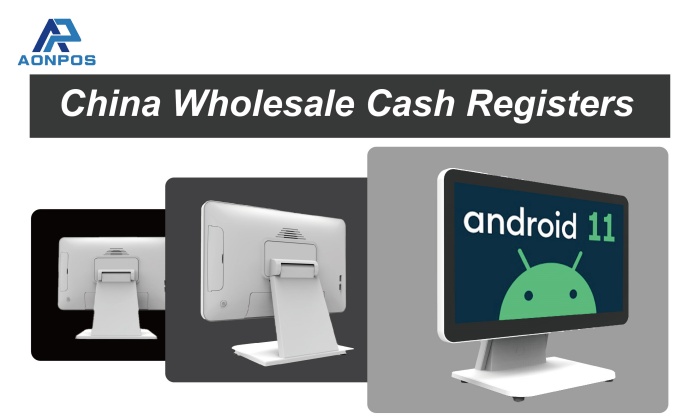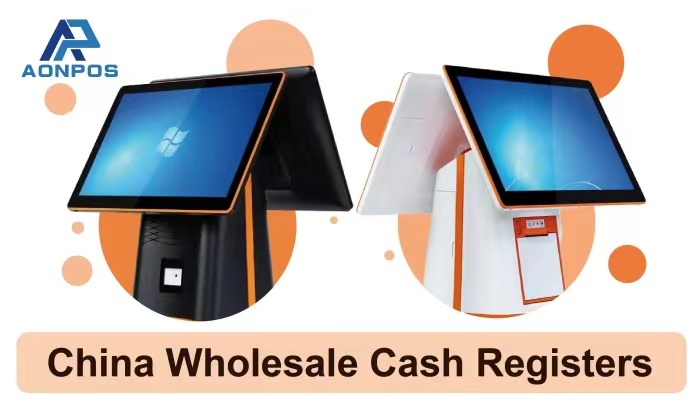Emerging Technologies Shaping the Future of the POS Market
Nov 17, 2023
In the ever-evolving landscape of commerce, the Point of Sale (POS) market is experiencing a transformation driven by a wave of emerging technologies. These innovations not only enhance transactional efficiency but also redefine the overall payment experience for both merchants and consumers. Here, we explore some of the cutting-edge technologies making waves in the POS market.
1. Mobile Payments
The rise of mobile payment technologies has been swift and impactful. Leveraging smartphones, mobile apps, or Near Field Communication (NFC), customers can now conduct transactions swiftly and conveniently. This not only accelerates the payment process but also introduces a new level of flexibility and ease.
2. Cloud-Based POS Systems Cloud-based POS systems shift data storage and processing to the cloud, providing merchants with remote access to sales data, inventory information, and more. These systems offer increased flexibility, scalability, and security while simultaneously reducing maintenance costs.
3. Internet of Things (IoT) Integration
The development of the Internet of Things (IoT) introduces intelligent devices to the POS ecosystem. Connecting Point Of Sale Device with other IoT devices, such as smart cameras and sensors, enhances business operations, offering real-time and accurate data insights.
4. Artificial Intelligence (AI) and Machine Learning
AI and machine learning applications in the POS market analyze vast amounts of sales data, providing more accurate predictions and trend analyses. This empowers merchants to better understand customer needs and formulate targeted marketing strategies.
5. Biometric Technology
Biometric technologies, including fingerprint and facial recognition, are becoming integral parts of POS authentication. This not only enhances payment security but also streamlines the payment process, reducing reliance on cards or passwords.
6. Self-Service Checkout Systems
Self-service checkout systems, incorporating scanners, cameras, and sensors, empower customers to select, scan, and pay for products independently. This innovation is particularly valuable in retail and supermarket settings, minimizing wait times and enhancing the overall shopping experience.
7. Contactless Payments
Beyond mobile payments, there's a growing trend towards contactless payments using technologies like Near Field Communication (NFC) or RFID. Customers need only place their cards or smartphones near the POS Terminal Payment Machine to complete transactions, significantly improving payment speed and convenience.
8. Blockchain Technology
The application of blockchain technology in payments enhances transparency and security. Through decentralized distributed ledgers, the risk of fraud and data tampering is reduced, contributing to a more secure payment environment.
9. Sustainable Payments
As sustainability gains prominence, some POS systems are beginning to support eco-friendly payment options. This includes the use of digital currencies or options to donate to environmental organizations, aligning businesses with social responsibility.
In conclusion, the POS market is undergoing a dynamic shift, fueled by a spectrum of emerging technologies. Merchants must stay vigilant to these trends to harness the full potential of these technologies, elevating payment systems' efficiency, security, and customer experiences. The versatility of POS Billing Computer, coupled with these innovations, is poised to shape the future of transactions across diverse industries.

